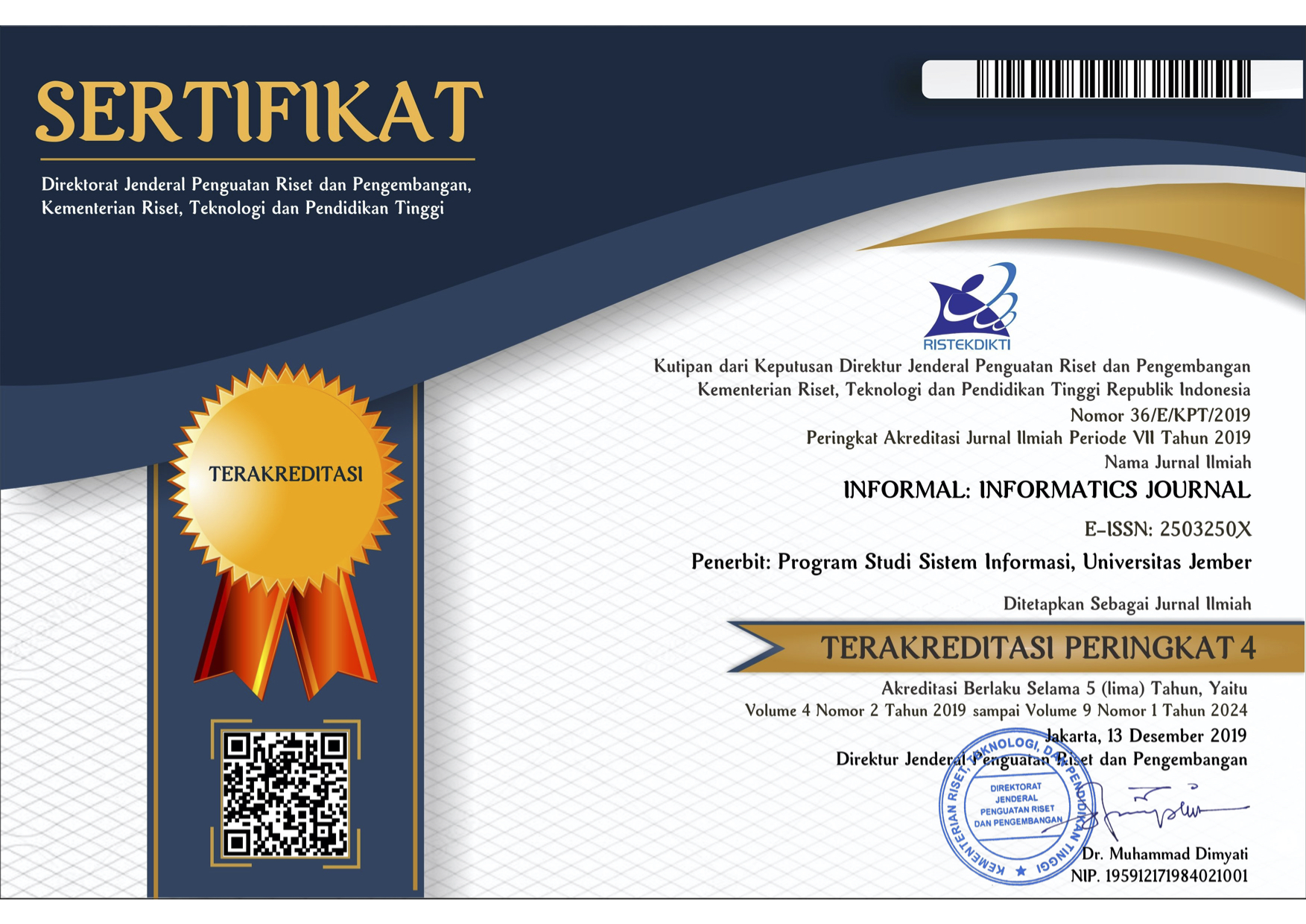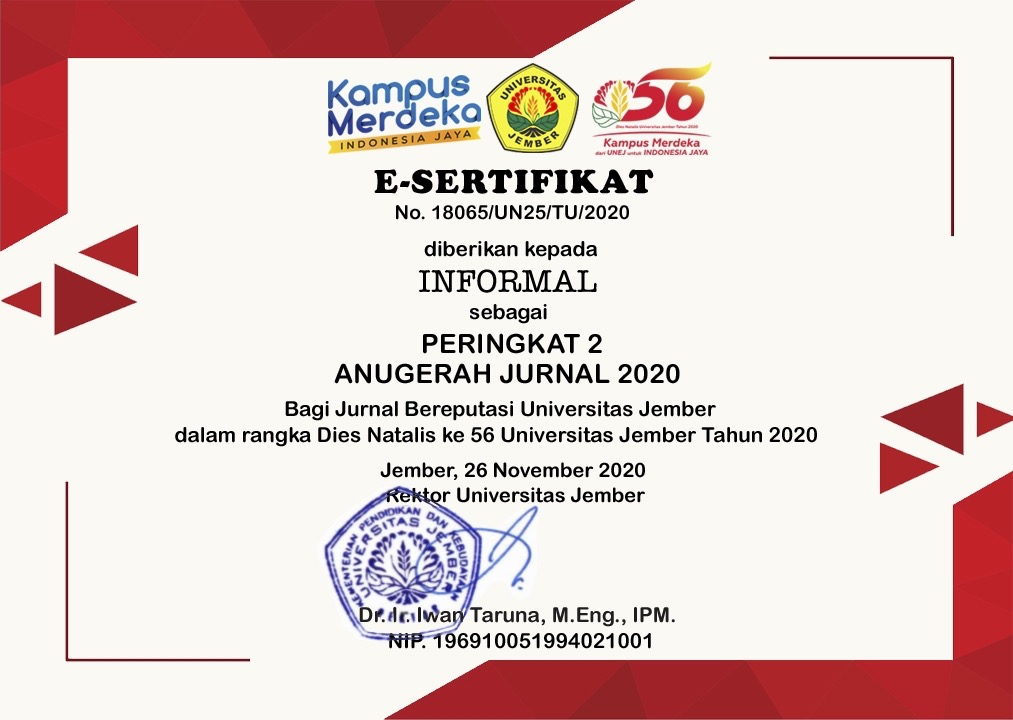Membangun Aplikasi Media Pembelajaran “JALIBOARD” Berbasis Augmented Reality
Abstract
This research aims to build an Augmented Reality (AR) based "Jaliboard" learning media application by focusing on several problems that need to be overcome in the development of AR applications. The main problem faced is designing an attractive and entertaining application and explaining how to play to users. The method used by the author is the GDLC (Game Development Lifecycle) method which includes the concept design, design, implementation, testing, and deployment phases. In the concept design phase, the author makes an initial design of the AR game and compiles hardware and software requirements for making applications. The design phase involves making interface designs, usecase diagrams and application flow diagrams. Things such as assets, environment, AR markers, and finalization of the application are done in the implementation phase. The testing phase is carried out to ensure the quality of the application. The test results using blackbox testing show that the application can be run on three different devices namely Redmi Note 10, Samsung S8 and Redmi Note 11 and marker detection is successfully carried out at a certain distance, with a maximum detection distance limit of up to 30cm.. In the deployment phase, the app was launched with an effective marketing strategy through G-Drive. By applying GDLC and paying attention to the test results, the problems can be overcome by designing the application using a clear flow chart, as well as optimizing the content in the application.







